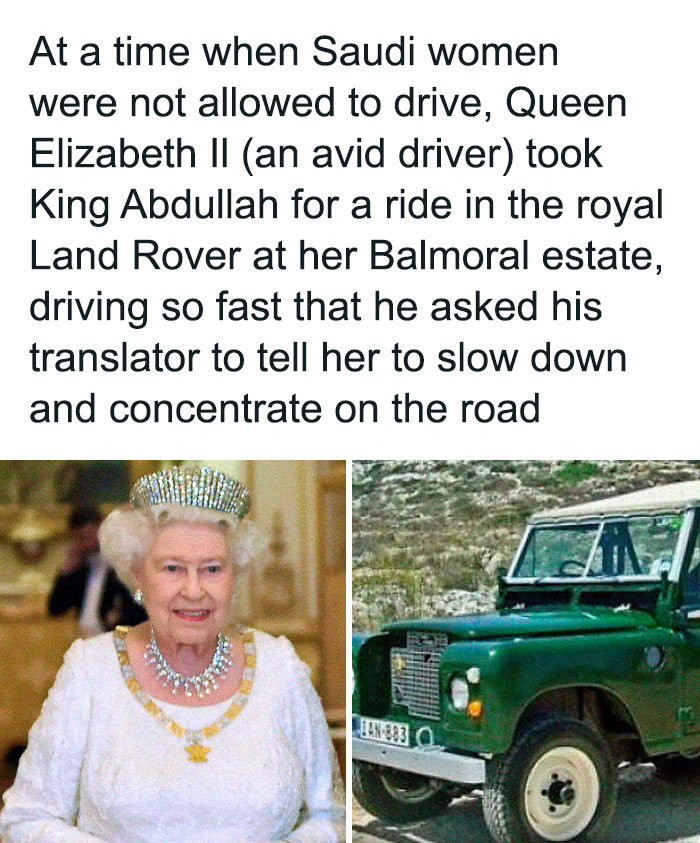I have been off most social media for over a year, but after checking my social media feeds out of curiosity following the Queen's passing, it has been quite interesting to observe the divide in the reactions from most Asians, Africans, and Arabs on my feed as opposed to most Western people. The former are mostly either indifferent or critical of her, while the latter are mostly mourning her. This is one of the posts I saw linked today by an Arab friend:
https://twitter.com/aldanimarki/status/1567861763219116032
If you're a supporter of the Queen or someone who likes her, what are your thoughts on her actions toward African, Asian, and Arab colonies (among others) as well as some of their abusive regimes? I would hope most of her supporters stood against the atrocities committed or enabled under the British monarchy, but I'm also unsure how they would view her actions if so. Was she entirely innocent or not, in your opinion?
I think many in America may have a certain fondness for the British Royal Family, but since our founding involved throwing out the British monarchists, there has always been a strong anti-monarchist bent. Some may have loved the Queen from afar, but that's as far as it went.
Of course, many of the worst atrocities occurred before she became Queen, even before she was born. Britain had actually started to become more liberal, and most of Britain's colonies were granted independence. By that time, the U.S. had taken a more prominent and leading role in geopolitics, with the U.S. also favoring independence, as long as they could establish pro-Western and/or anti-communist governments. That would also appear to align with the interests of Britain, since US, British, and Western interests overall had become quite interconnected at that point.
I don't know how much the Queen knew or whether she had the power to make any difference in the course of world events. If she is to be judged according to the actions of her government during her reign, then one might still give mixed reviews. Americans might view it from an American point of view where Britain is considered our closest ally. Places where Britain occupied and committed atrocities may hold a different viewpoint, and that's fair. Americans also have a checkered past, much of it is indefensible.


